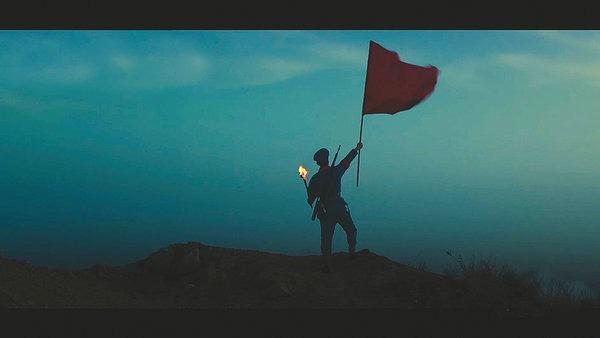 Heroic figures who have contributed to China are depicted in Tian Di Shi Xin, including military martyrs (pictured), Zheng Chenggong the general from the 17th century and late agronomist Yuan Longping. (PHOTO PROVIDED TO CHINA DAILY)
Heroic figures who have contributed to China are depicted in Tian Di Shi Xin, including military martyrs (pictured), Zheng Chenggong the general from the 17th century and late agronomist Yuan Longping. (PHOTO PROVIDED TO CHINA DAILY)
Hua Mulan, a legendary folk heroine from ancient China, disguises herself as a man to join the army to take her aged father's place, fights fiercely and distinguishes herself in battle.
Fast forward to the present day and several Chinese firefighters are striving to extinguish a hazardous fire when suddenly an explosion occurs.
Both examples show heroic deeds in China at different times.
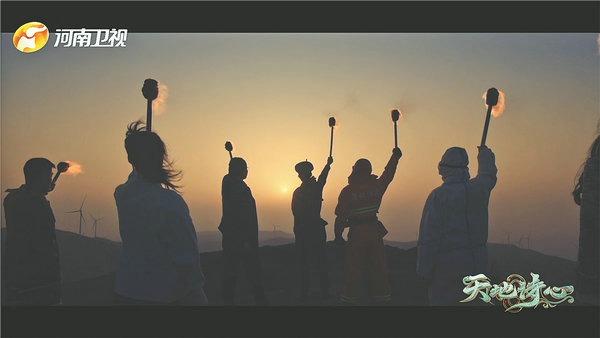 This undated file photo shows a scene from Tian Di Shi Xin. (PHOTO PROVIDED TO CHINA DAILY)
This undated file photo shows a scene from Tian Di Shi Xin. (PHOTO PROVIDED TO CHINA DAILY)
Each episode of Tian Di Shi Xin focuses on an ancient Chinese poem, coupled with several short stories of different times and other poems that relate to the main poem's theme
These are scenes from the four-episode TV program Tian Di Shi Xin, which directly translates into "heaven, earth, poems and heart", aiming to showcase the culture and spirit of Chinese people via traditional poems.
Each episode focuses on an ancient Chinese poem, coupled with several short stories of different times and other poems that relate to the main poem's theme.
It was produced by the Henan Broadcasting System and recently premiered on Henan Satellite TV. The last episode will be streamed at 7:30 pm, Oct 12.
ALSO READ: Striking a chord
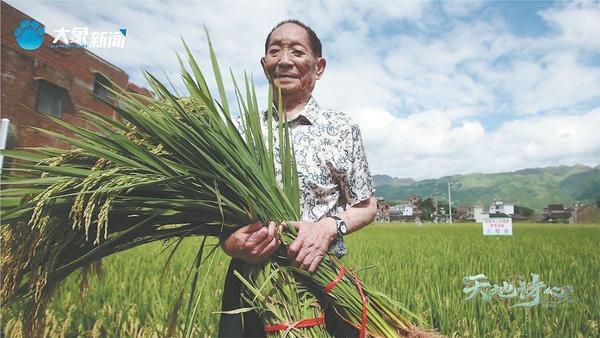 Heroic figures who have contributed to China are depicted in Tian Di Shi Xin, including military martyrs, Zheng Chenggong the general from the 17th century and late agronomist Yuan Longping (pictured). (PHOTO PROVIDED TO CHINA DAILY)
Heroic figures who have contributed to China are depicted in Tian Di Shi Xin, including military martyrs, Zheng Chenggong the general from the 17th century and late agronomist Yuan Longping (pictured). (PHOTO PROVIDED TO CHINA DAILY)
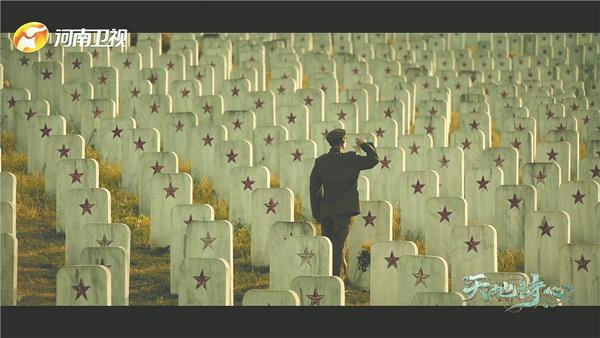 Heroic figures who have contributed to China are depicted in Tian Di Shi Xin, including military martyrs (pictured), Zheng Chenggong the general from the 17th century and late agronomist Yuan Longping. (PHOTO PROVIDED TO CHINA DAILY)
Heroic figures who have contributed to China are depicted in Tian Di Shi Xin, including military martyrs (pictured), Zheng Chenggong the general from the 17th century and late agronomist Yuan Longping. (PHOTO PROVIDED TO CHINA DAILY)
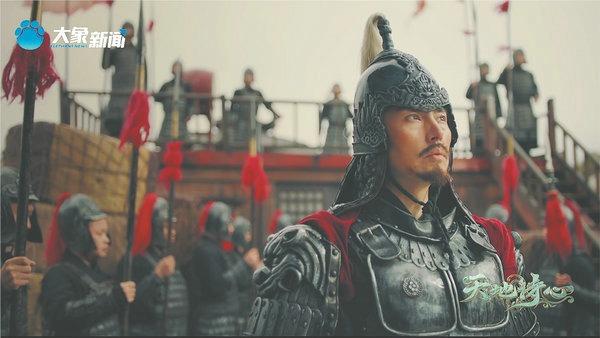 Heroic figures who have contributed to China are depicted in Tian Di Shi Xin, including military martyrs, Zheng Chenggong (pictured) the general from he 17th century and late agronomist Yuan Longping. (PHOTO PROVIDED TO CHINA DAILY)
Heroic figures who have contributed to China are depicted in Tian Di Shi Xin, including military martyrs, Zheng Chenggong (pictured) the general from he 17th century and late agronomist Yuan Longping. (PHOTO PROVIDED TO CHINA DAILY)
We present many stories, especially those about young Chinese, to emphasize the significance of traditional Chinese poems in the present era ... Stories are paramount, especially in the era of the mobile internet. In the planning stage, we pondered how to attract and empathize with young people via touching stories.
Li Pei, general director of Tian Di Shi Xin
"We present many stories, especially those about young Chinese, to emphasize the significance of traditional Chinese poems in the present era," says the TV program's general director Li Pei.
"Stories are paramount, especially in the era of the mobile internet. In the planning stage, we pondered how to attract and empathize with young people via touching stories," she says.
Each 35-minute episode has a different theme — heroes and heroines, culture, ecology and youth.
"People respect heroes and heroines and never forget them. Good literary and artistic creation should be related to the times and people. After watching the TV program, you will find that such principles make sense at different times (in China)," she says.
Besides stories of historical figures, viewers can also see the stories of people born in the 1990s and 2000s, working in various positions, such as a cultural relic restorer and special police officer.
The production team has also combined various art forms, including dance, drama and short films.
Between late December and this May, the film crew visited more than a dozen cities across the country, sometimes having to wait until some locations had no cases of COVID-19. They went to places where events were actually occurring that would be used in the show.
 The program features Niu Junfeng as the host. (PHOTO PROVIDED TO CHINA DAILY)
The program features Niu Junfeng as the host. (PHOTO PROVIDED TO CHINA DAILY)
To demonstrate the image of young Chinese soldiers garrisoned at the frontier, the crew researched and read many true stories about the group, including handwritten letters to their families, to get inspiration.
ALSO READ: Classic Chinese tales thrive in modern times
To film moving scenes about the young soldiers' daily routine, they went to a magnificent glacier in Lhokha, Tibet autonomous region, at an altitude of 5,300 meters which meant they had to overcome altitude sickness.
They were moved by the story of Xu Xiujuan from Northeast China's Heilongjiang province, who followed in her father's footsteps to become a protector of red-crowned cranes. In 1987, she was exhausted after helping to locate a lost swan and drowned in a river, at the age 23.
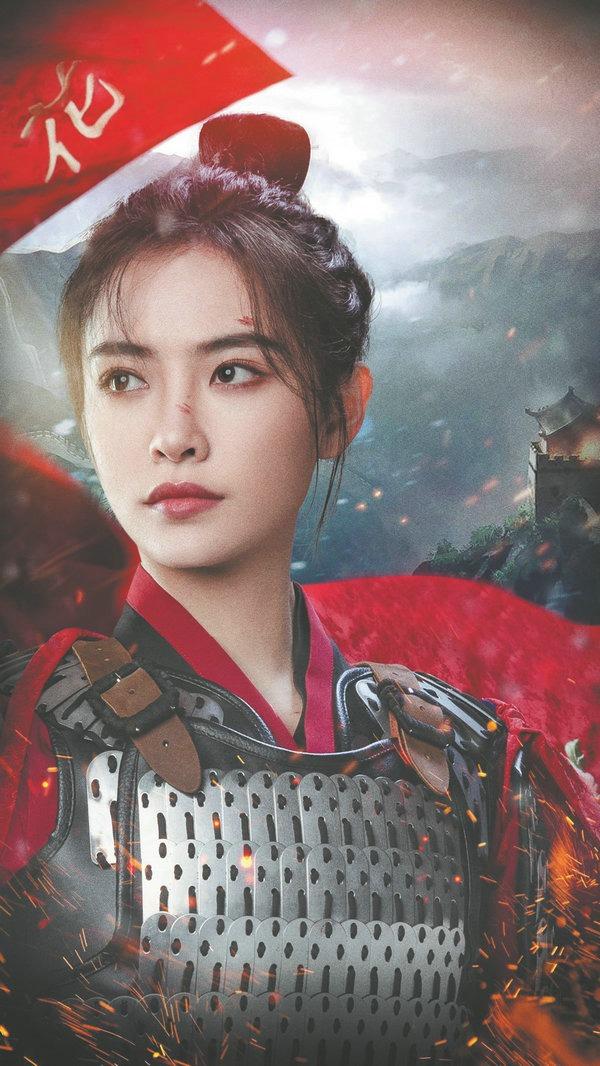 The program features Xu Jiaqi playing Hua Mulan. (PHOTO PROVIDED TO CHINA DAILY)
The program features Xu Jiaqi playing Hua Mulan. (PHOTO PROVIDED TO CHINA DAILY)
To film moving scenes about the young soldiers' daily routine, the crew went to a magnificent glacier in Lhokha, Tibet autonomous region, at an altitude of 5,300 meters which meant they had to overcome altitude sickness
Years later, her brother Xu Jianfeng gave up his job to become a protector of the birds in their hometown Qiqihar's Zhalong National Nature Reserve.
In 2014, he lost control of his motorbike and plunged into a swamp after a routine inspection. He died at the age of 47. His daughter Xu Zhuo then decided to take over the job at the nature reserve.
The production team created a short dance performance based on the story of Xu Xiujuan, after getting further details from Xu Zhuo.
At a nature reserve in Yancheng, Jiangsu province, they were able to quickly film the precious scene of the birth of a red-crowned crane chick with the guidance of the reserve's personnel.
"It's so adorable! It's of yellowish brown color," says executive director Fu Shaofeng.
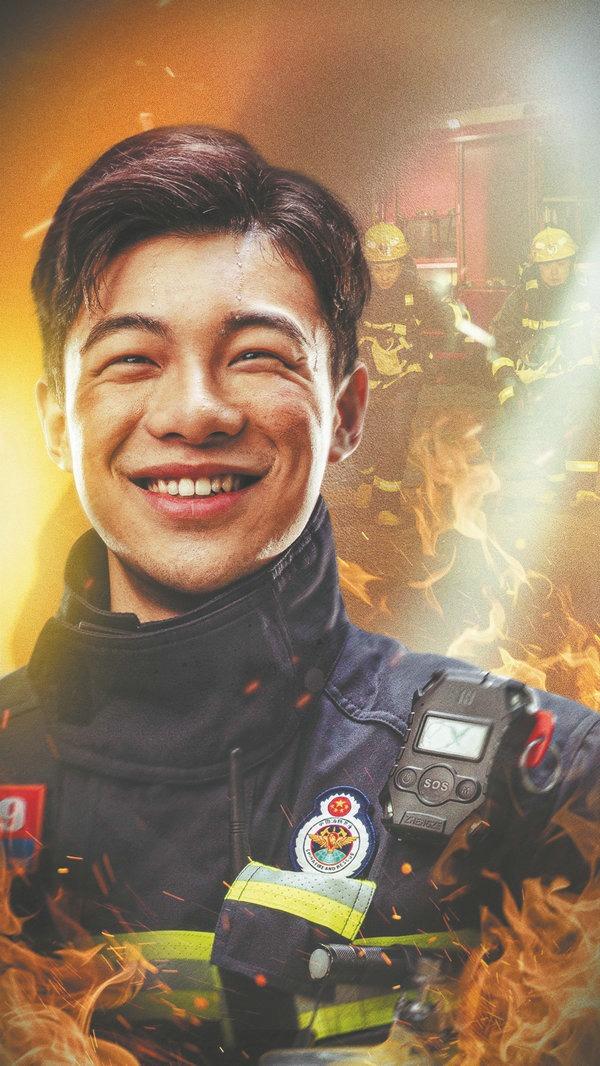 The program features Huang Yan portraying a firefighter. (PHOTO PROVIDED TO CHINA DAILY)
The program features Huang Yan portraying a firefighter. (PHOTO PROVIDED TO CHINA DAILY)
An actress performs a dance with a young man, who will later transform into a crane created by computer generated imagery, to continue the dance. The dance presents how they become friends.
READ MORE: 'Cancer kitchen' brings warmth, comfort to patients
The actress also interacts with a real red-crowned crane such as feeding it, after establishing mutual trust.
Fu believes such creations based on true stories are appealing to audiences.
"It's not a traditional TV program about poems. Poems are not just about the beauty of words, but also the spirit of the Chinese people that has endured for several thousand years.
"Such poems offer the strength of mind to support us," Fu says.


